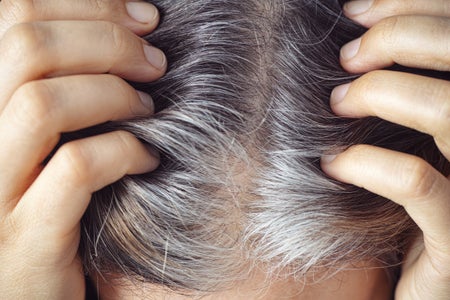
Going Gray Isn’t Always Permanent—Stress May Play a Role
The universal marker of aging is not always a one-way process
Diana Kwon is a freelance journalist who covers health and the life sciences. She is based in Berlin.

Going Gray Isn’t Always Permanent—Stress May Play a Role
The universal marker of aging is not always a one-way process
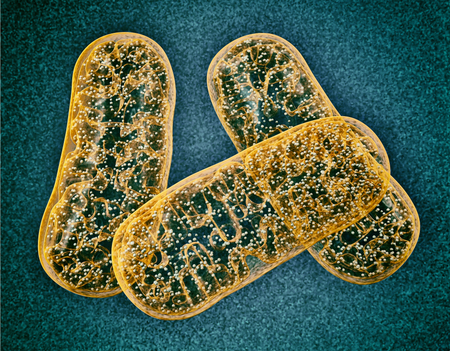
Could Mitochondria Be the Key to a Healthy Brain?
Some researchers suspect these bacterial ancestors living within our cells may contribute to a wide range of neurological and psychiatric disorders

Genetic Therapies for Brain Diseases
Hopes are high for a class of drug that could treat neurodegenerative conditions—but a recent clinical trial has brought the field up short
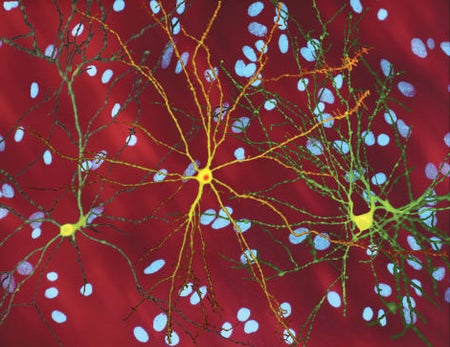
Failure of Genetic Therapies for Huntington’s Devastates Community
Hopes were high for drugs designed to lower levels of a mutant protein, but development has stalled
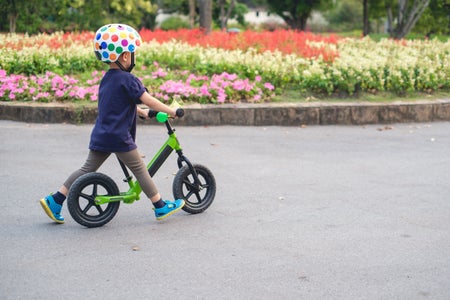
Our Brain Typically Overlooks This Brilliant Problem-Solving Strategy
People often limit their creativity by continually adding new features to a design rather than removing existing ones

Home Advantage Doesn’t Require Crowds, COVID Pro Soccer Matches Show
An assessment of games before and during the pandemic suggests that teams play better on their own turf even without crowd support

People Answer Scientists’ Queries in Real Time while Dreaming
Researchers demonstrate that during REM sleep, people can hear—and respond to—simple questions such as “What is eight minus six?”

The Pandemic Has Caused a Steep Decline in Living Standards
A survey of more than 30,000 households in developing countries shows increased food insecurity
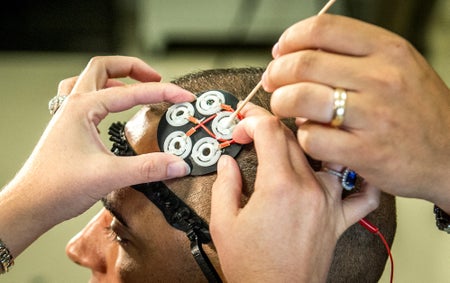
Electrical Brain Stimulation May Alleviate Obsessive-Compulsive Behaviors
Noninvasive electrical zaps, tuned specifically to individual brain-activity patterns, appear to reduce checking, hoarding and other compulsions for up to three months
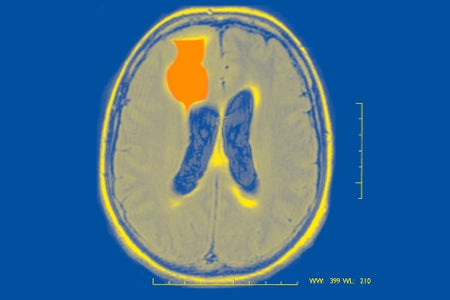
Forecasts of Epilepsy Seizures Could Become a Reality
Making predictions up to several days in advance may help with care
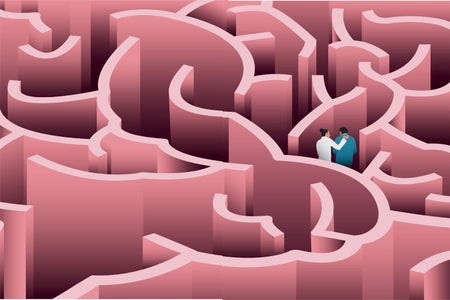
Decoding a Disorder at the Interface of Mind and Brain
A mysterious condition once dismissed as hysteria is challenging the divide between neurology and psychiatry

Governments Worldwide Consider Ditching Daylight Saving Time
A pushback has arisen to seasonal clock changes that affect mood, sleep and general well-being
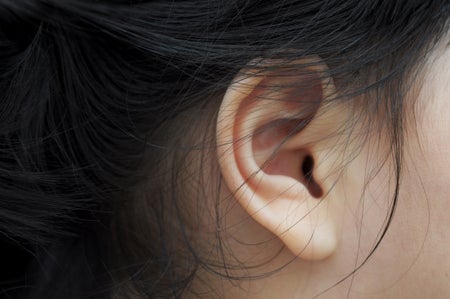
New Tinnitus Treatment Alleviates Annoying Ringing in the Ears
A noninvasive device designed to rewire brain circuits reduced symptoms of tinnitus in a large, exploratory clinical trial
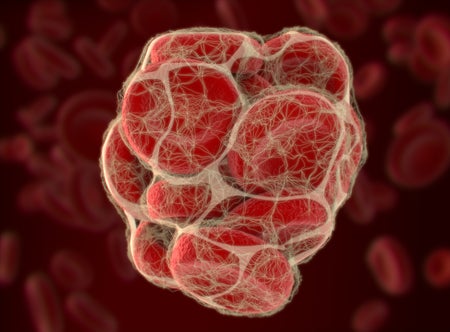
From Headaches to ‘COVID Toes,’ Coronavirus Symptoms Are a Bizarre Mix
Blood clots and inflammation may underlie many of these complications

Near Real-Time Studies Look for Behavioral Measures Vital to Stopping Coronavirus
The goal is to identify the best means of encouraging individuals to change the way they live. Young people may need more convincing
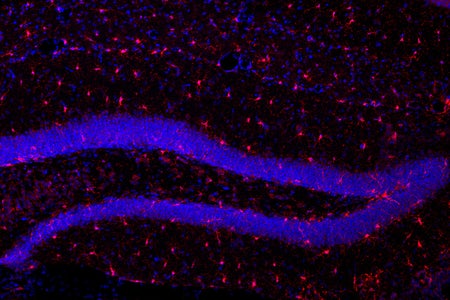
How Does a Mammalian Brain Forget?
A mouse study shows immune cells gobbling up the connections between memory-associated neurons
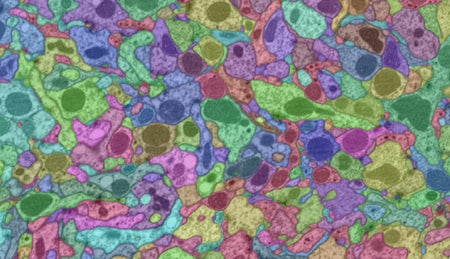
Largest Brain Wiring Diagram to Date Is Published
The partial fruit fly “connectome” contains approximately 25,000 neurons and 20 million synapses
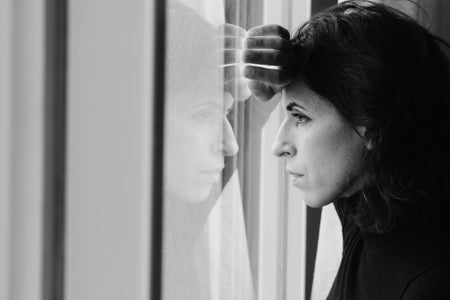
Emotional Words Such as “Love” Mean Different Things in Different Languages
An analysis of more than 2,000 languages reveals differences in the way feelings are conceptualized among cultures

MDMA Could Be Tailored to Make It More Suitable for Treating Mental Illness
A mouse study demonstrates it is possible to separate the substance’s ability to enhance sociability from its addictive potential
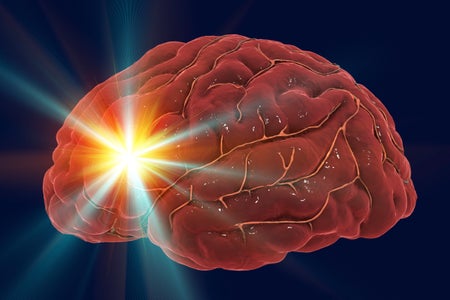
Targeting Gut Microbes May Help Stroke Recovery
Growing evidence from mouse studies suggests that a healthy microbiome might improve poststroke outcomes
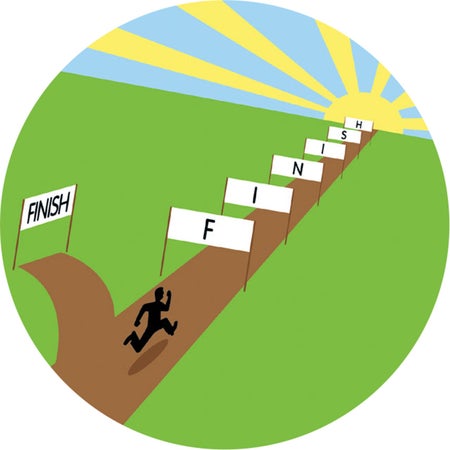
“Cognitive Prosthesis” Enhances Productivity
A tool that helps to match immediate reward with long-term value motivated people to make better decisions and overcome procrastination
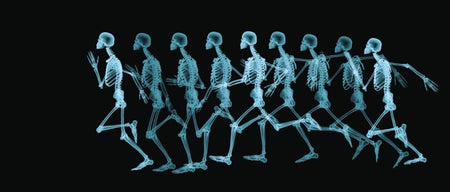
Fight or Flight May Be in Our Bones
A protein released from bone is involved in triggering the body’s reaction to stress
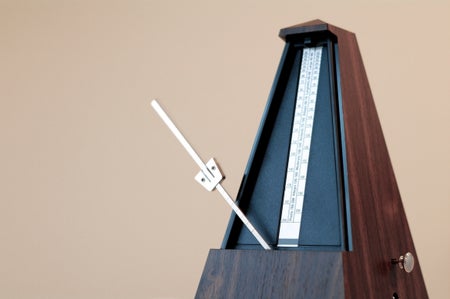
“Metronome” Neurons Act like Timekeepers in Mouse Brains
Brain cells that tick at regular intervals may coordinate neural activity like the conductor of an orchestra
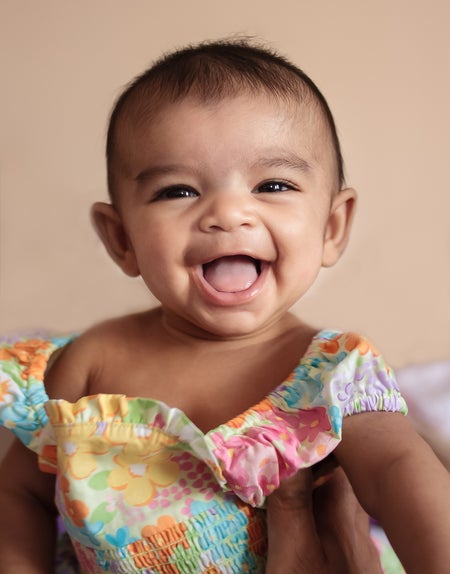
Babies Know the Difference between the Laughter of Friends and Strangers
Five-month-olds may use chuckles to identify information about social interactions